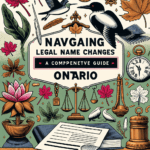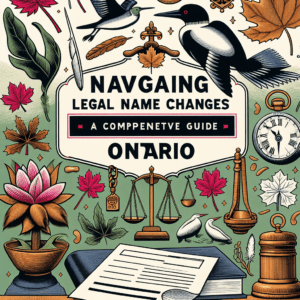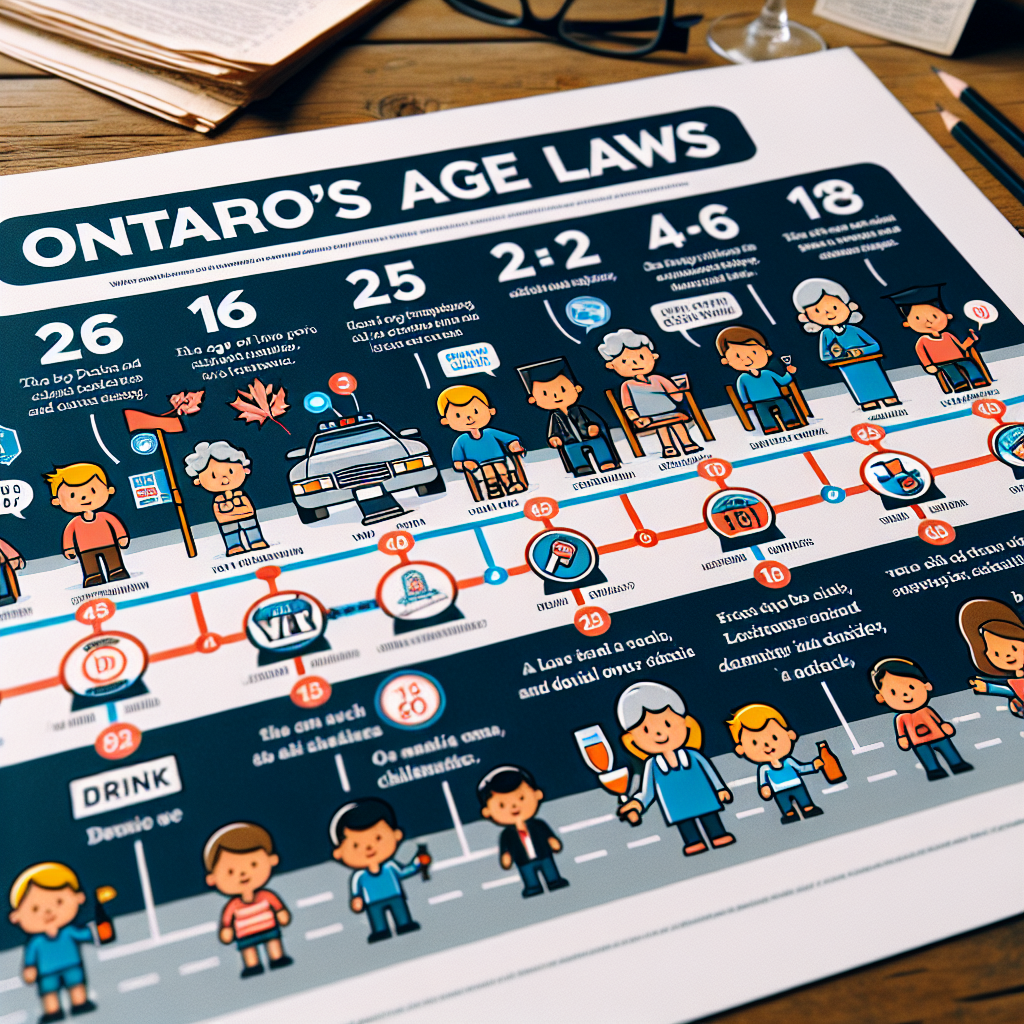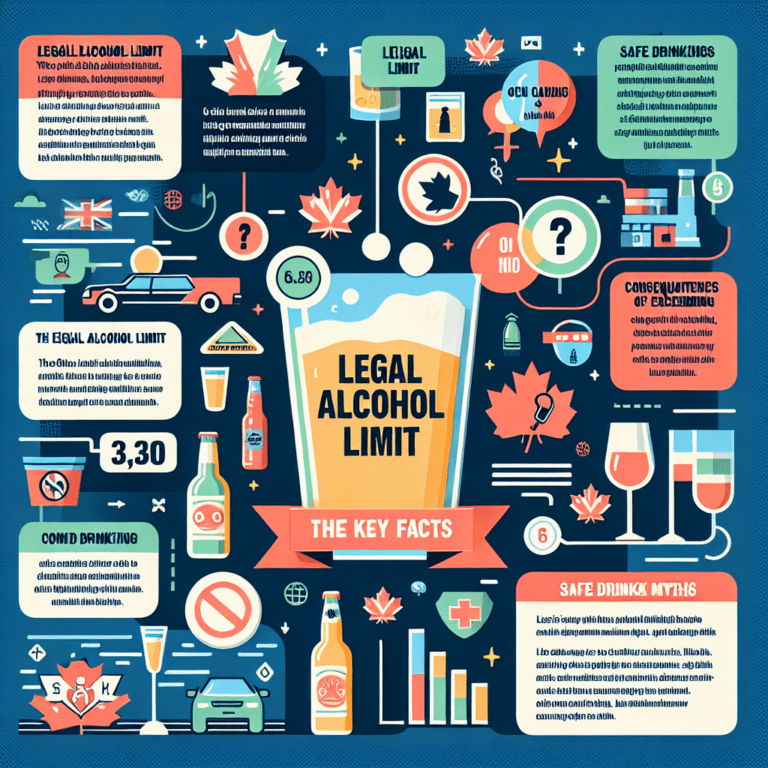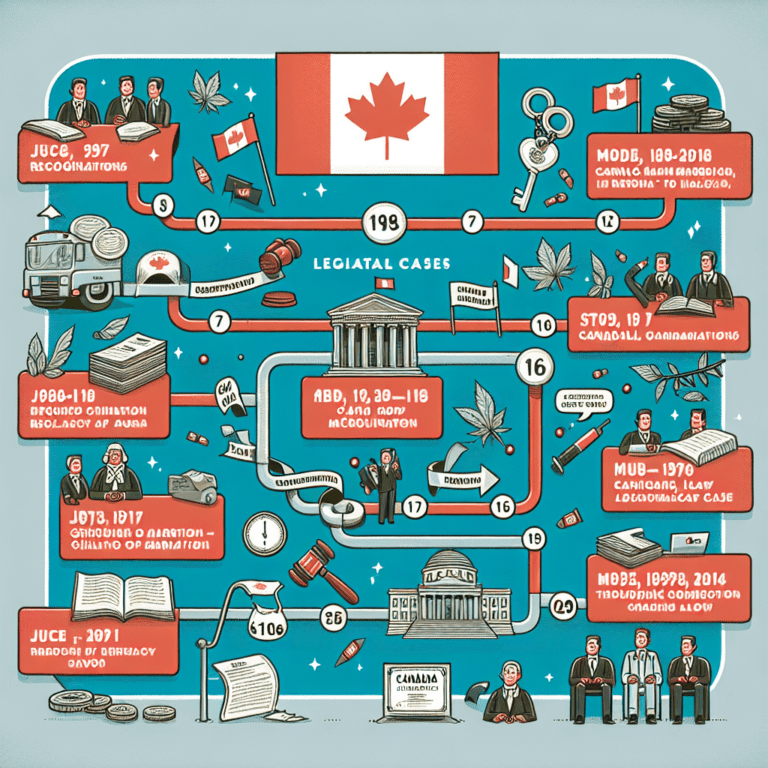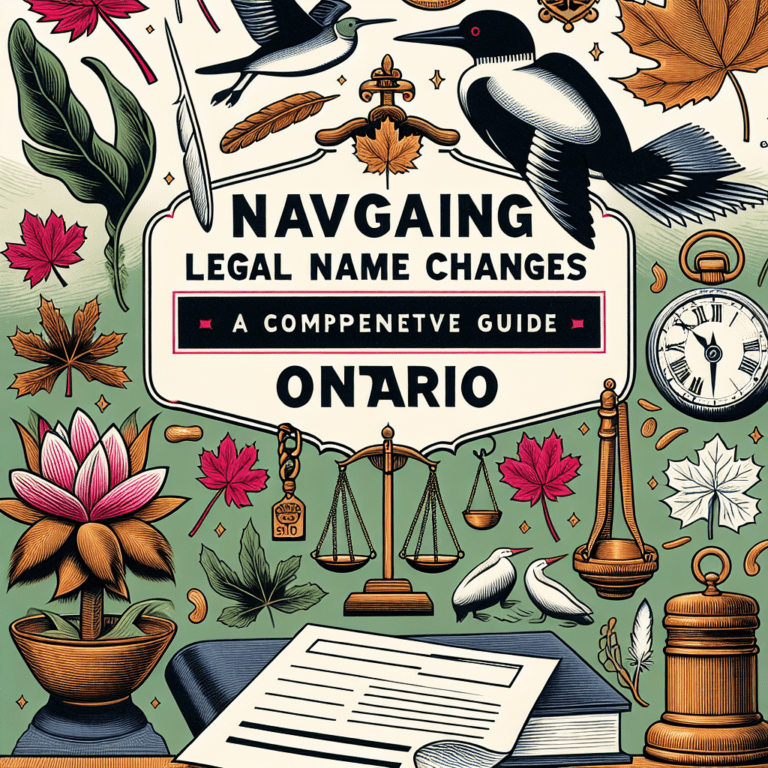===
Navigating the legal landscape can be daunting, especially in Ontario, where age regulations vary significantly across different activities and responsibilities. Understanding Ontario’s legal age laws is crucial not only for residents but also for visitors who may unknowingly cross lines that could lead to legal repercussions. This guide provides insights into Ontario’s legal age laws, helping you grasp the intricacies of these regulations and ensuring that you’re well-informed to avoid potential pitfalls. With the right knowledge, you can navigate these waters confidently, whether you’re a local or just passing through.
A Comprehensive Guide to Ontario’s Legal Age Regulations
Ontario has established specific legal age thresholds for various activities, ranging from drinking alcohol to driving a vehicle. The legal drinking age in Ontario is 19 years old, which aligns with the regulations in many other provinces across Canada. This means that individuals under this age are prohibited from entering licensed establishments where alcohol is served. However, the age of majority, which is the legal age at which a person is considered an adult, is 18 in Ontario. This distinction is crucial, as it affects various aspects of life, including contracts, voting rights, and parental consent.
In addition to drinking, Ontario has legal age requirements for smoking and cannabis use. The legal age for purchasing and using tobacco products is also 19, while the same age applies to recreational cannabis. The introduction of these laws reflects a growing emphasis on public health and safety, particularly in protecting younger individuals from the potential harms associated with substance use. Understanding these age restrictions is essential for effectively navigating social situations and ensuring compliance with Ontario’s health regulations.
Furthermore, the legal age for various activities such as marriage and sexual consent differs significantly in Ontario. The minimum age for marriage is 16, but individuals aged 16 and 17 must obtain parental consent. On the other hand, the age of consent for sexual activity is 16, but there are close-in-age exemptions designed to protect teenagers from prosecution for consensual activities. These nuances emphasize the need for clarity and adherence to regulations as they vary based on context and the specific actions involved.
Key Implications for Residents and Visitors in Ontario
For residents of Ontario, understanding the legal age laws ensures that they can participate in society without facing legal challenges. It’s imperative to educate younger individuals about these regulations, as ignorance can lead to unintentional violations. Local businesses and establishments also need to be vigilant in enforcing age restrictions, as failing to do so could result in significant fines or penalties. This creates a communal responsibility to uphold these laws while protecting both teens and establishments from legal issues.
Visitors to Ontario face unique challenges, particularly if they are not familiar with local regulations. For instance, a tourist may unknowingly attempt to purchase alcohol or enter a bar without being aware of the age restrictions. This could result in a frustrating experience that tarnishes their impression of Ontario. Knowing the legal ages for various activities can prevent misunderstandings and enhance their visit, allowing them to engage with local culture responsibly and respectfully.
Additionally, misconceptions about legal age laws can lead to misinformation. For example, some might believe that the drinking age varies by region or is more lenient than it is. This misunderstanding can create unnecessary risks for individuals who might find themselves in compromising situations. Therefore, both residents and visitors should make it a priority to inform themselves about Ontario’s legal age laws to ensure a smooth and enjoyable experience in the province.
===
In conclusion, understanding Ontario’s legal age laws is essential for effectively navigating the complexities of life in this vibrant province. Whether you are a long-time resident or a first-time visitor, being informed about these regulations will empower you to make safe and responsible choices. It’s not just about adhering to the law; it’s about fostering a culture of awareness and respect for the rules that govern our interactions. For further insights and clarifications, consider reaching out to local resources or legal experts who can provide tailored guidance based on your unique circumstances. Stay informed, stay safe, and enjoy all that Ontario has to offer!
Understanding Legal Self-Defense Weapons in CanadaUnderstanding Legal Paper Size: Dimensions and Uses ExplainedNavigating Legal Name Changes in Ontario: A Comprehensive GuideRelevant LinkRelevant LinkRelevant Link


